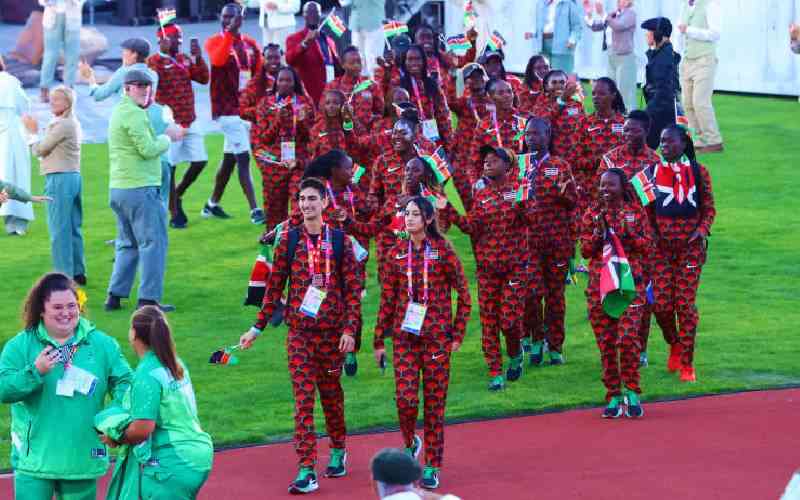State should harness our sports tourism potential

Tourism has evolved from safari and beach tourism to ecotourism, cultural tourism and now sports tourism. Over time, sports tourism has emerged as an important contributor to local and national socio-economic development across the continent. Sporting events around the world have become a strategic tool for developing and positioning destinations.
The World Travel Market estimates that sports tourism generates approximately US$600 billion annually worldwide. The Confederation of African Football reports that Egypt earned $83 million during the 2019 Africa Cup of Nations. According to the 2020 Mazars & ASCI Institute report, sport contributed 0.5 percent to Africa’s GDP in 2020 and will grow annually to create an additional million jobs. After the 2020-2021 Covid-19 break, 2022 is sure to be a great sporting year with big events in Africa. Earlier in the year we had the Africa Cup of Nations in Cameroon, where Africa’s top footballers produced world-class performances on African soil.
For the third time in its history, Mauritius hosted the African Athletics Championships. In 2019, the World Rugby Council granted South Africa the rights to host the 2022 Rugby World Cup Sevens; The first time the tournament has been awarded to a country other than the United States. Kenya came close to winning the bid to host the next World Athletics Championships only to be beaten by Japan. For Africa, sports tourism is bubbling with untapped potential. We have seen African countries increasingly competing and hosting global sporting events, including football, golf, rallies and athletics. However, for Africa to capitalize on this potential and raise its profile as a sports tourism destination, it is essential that we continue to host global sporting events.
This will help attract the world’s best athletes and develop the continent as a sports tourism destination. It will also help unveil local talent and allow them to aspire to the same professional level. In Kenya, the social pillar of Vision 2030 aims to use sport to improve social, economic and political development. Sport in general and sport tourism would play a crucial role in realizing this vision. This vision has been exemplified by some of the world’s most prestigious sporting events being held in the country, most recently the World Safari Rally Championship, returning to Kenya after a 19-year hiatus.
Others include the Magical Kenya Open. This is really a big effort and it definitely needs a very conscious policy that encourages sports tourism. Aside from the social and economic implications, there are diplomatic and health benefits. For example, why can’t we implement policies that encourage the development of Iten as the World Endurance Training Capital for track and road racing? Sports tourism is a low-hanging fruit for Kenya, and it is inexpensive to promote and develop.
Mr. Kilavuka is the Managing Director and Chief Executive Officer of Kenya Airways Group